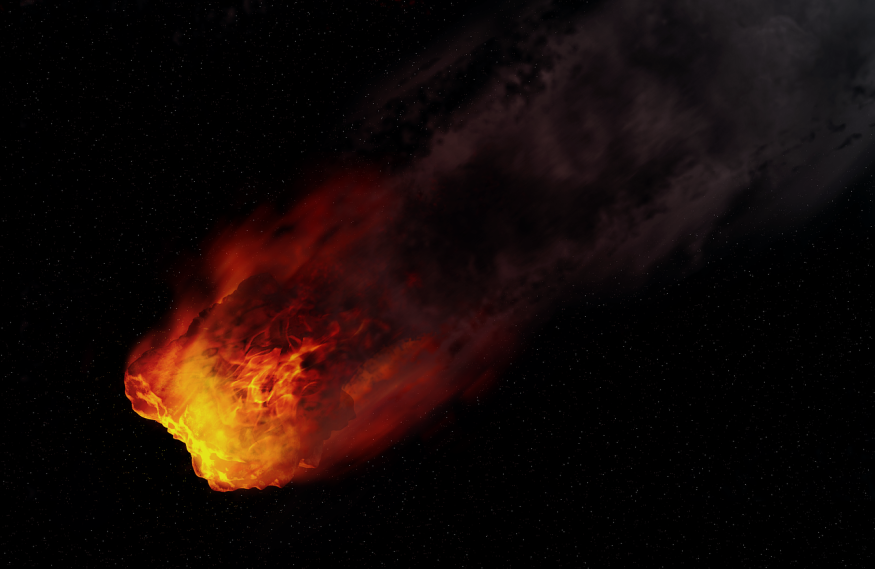In the article of archaeologist Christopher R. Moore from the University of South Carolina originally published in The Conversation, he wrote that the destruction of Bronze Age city Tall el-Hammam in the Jordan Valley by an explosion caused by a meteor may have inspired the biblical story of Sodom.
Jerusalem Post reported that the disaster happened around 1650 B.C.E. when Tall el-Hammam was considered to be one of the three major cities in the valley and acted as the political center of the region.

Destruction of the Ancient Middle Eastern City
Analysis of the remains in Tall el-Hammam reveals that a destructive event that involved high temperatures have wiped out the whole city some 3,600 years ago. Pottery pieces, swords, spears, and mudbricks all melted and boiled.
The buildings in the ancient city showed that its upper part was destroyed and only a part of brick walls and little mud-brick remained. More so, the palace in this ancient city was pulverized even the first floor walls and upper stories are all missing.
In the southern part of the city, scientists saw that buildings suffered more severe damage. Towers in the wall that surrounded the city were also destroyed and only mud-brick remains exist at the height of the tower's foundation today.
Moore wrote that a blast caused by a meteor impact that is 1,000 stronger than the Hiroshima atomic bomb wiped out the city and its residents. Air temperatures at that time reached above 3,600 degrees Fahrenheit (2,000 degrees Celsius), burning wood, clothing, and everything including the entire city.
It was followed by a massive shockwave that is more powerful than the worst tornado ever recorded. It killed everyone in the city, including animals, and bodies were torn apart as their bones blasted into pieces.
ALSO READ : Chicxulub-Sized Space Rocks Hit Early Earth Every 15 Million Years, Research Suggests Impacts Developed Life
Finding Melted Metals and Unusual Minerals in the Ancient City's Ruins
In the study, titled "A Tunguska Sized Airburst Destroyed Tall El-Hammam a Middle Bronze Age City in the Jordan Valley near the Dead Sea" published in Nature Scientific Reports, researchers also reported finding melted metals and unusual mineral fragments in the remains of the ruined ancient city.
Emeritus earth scientist James P. Kennett of the University of California said that archaeologists found shocked quartz or sand grains that contain cracks that form under very high pressures.
Furthermore, Smithsonian Magazine reported that archaeologists also discovered high concentrations of salt in the destruction layer of the site. They hypothesize that it could come from the impact of the blast on the Dead Sea that ends up distributing salt across a wide area.
This might have created a high-salinity soil that prevented crops from growing, leading to the abandonment of cities across the southern part of Jordan valley for centuries.
Moore wrote that many people have passed down accounts of the event as oral history over generations that might have provided the basis for the story of Sodom and Gomorrah. Kennett added that the observations written in Genesis were all consistent with cosmic airburst, however, there is no scientific proof yet that this ancient city is indeed the biblical city of Sodom.
Check out more news and information on Meteor in Science Times.











